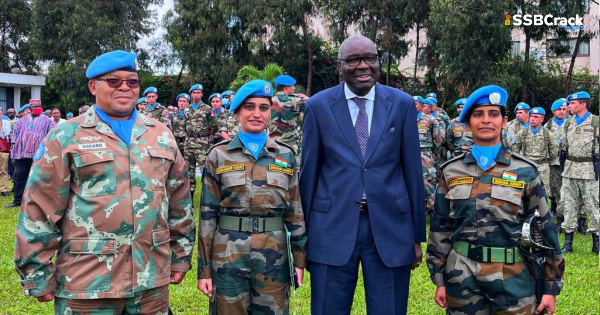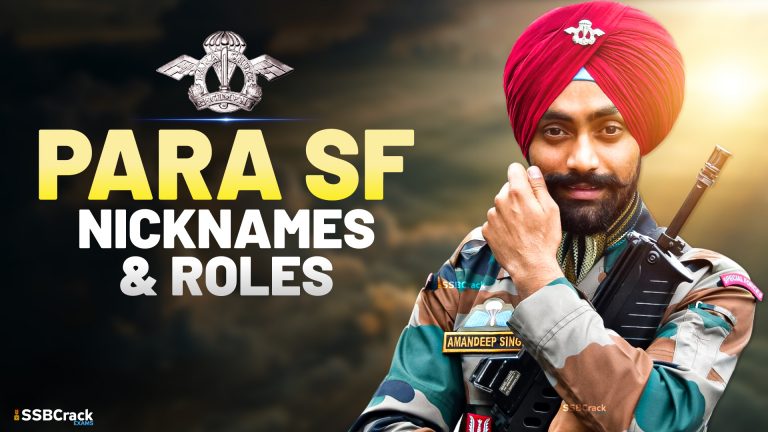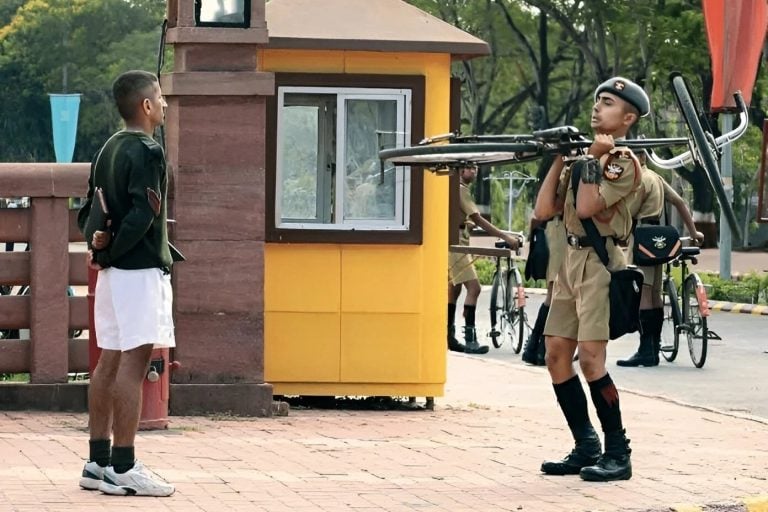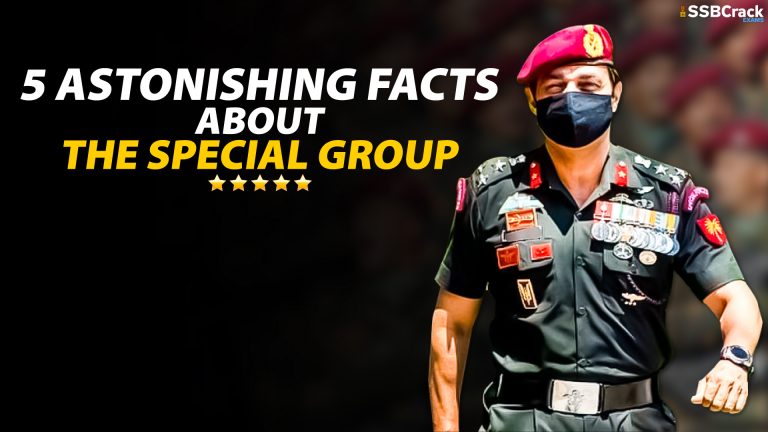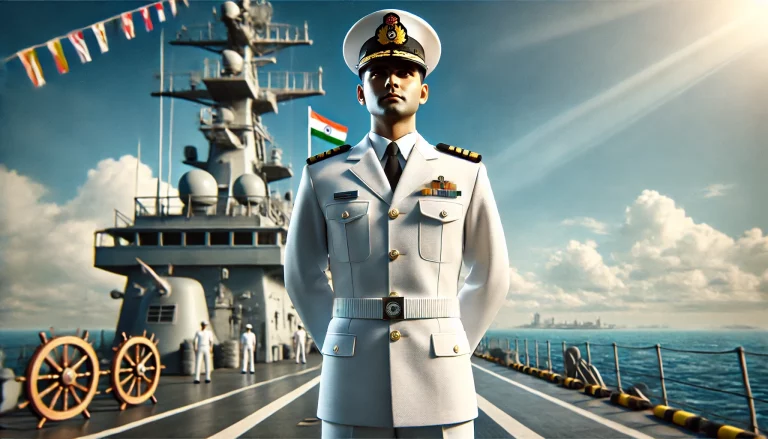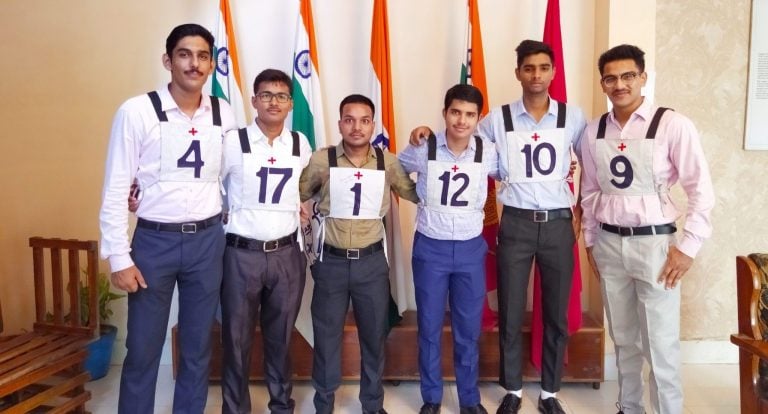In a major development, Major Jyoti Yadav of the Indian Army commanded the International Contingent during the United Nations International Peacekeepers Day ceremony at Goma, Congo.
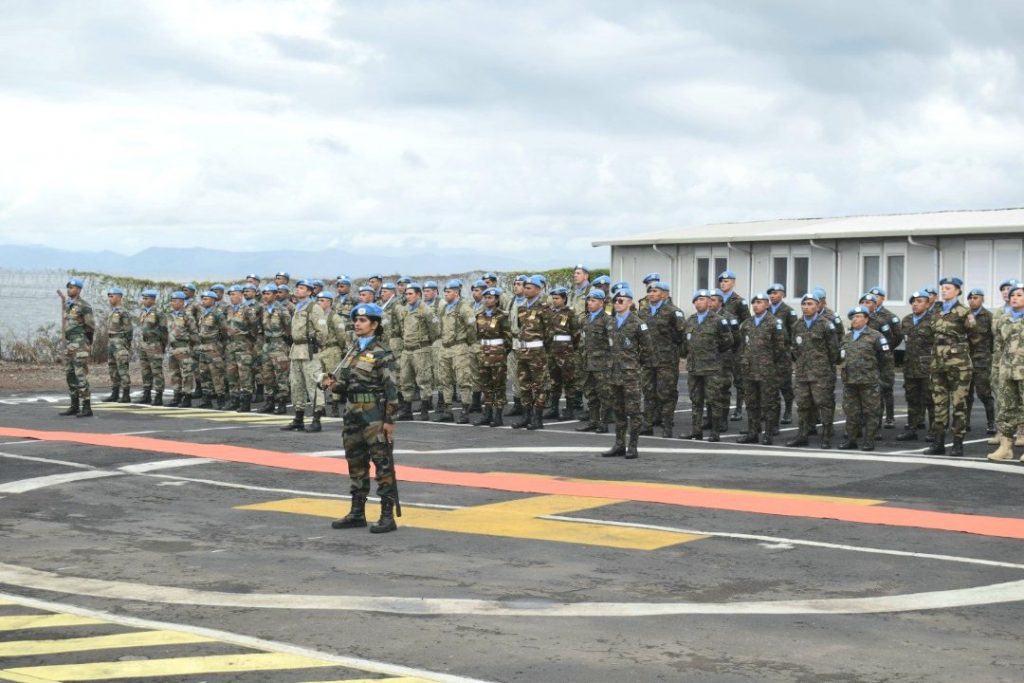
Major Jyoti Yadav of the Indian Army commanded the International Contingent during the United Nations International Peacekeepers Day ceremony at Goma, Congo. The MONUSCO mission is one of the longest-running peacekeeping missions & comprises 51 Nations.
The International Day of UN Peacekeepers was being observed on Sunday. For the past two decades on this day, UN Peacekeepers, also known as the Blue Helmets, are remembered by the world for their role in promoting security, peace, and stability. More than one million UN peacekeepers have taken part in 72 such operations since 1948. This year, the theme is People Peace Progress: The Power of Partnerships.
It should be noted that India is the second-highest military (1,888) and fifth-highest (139) police-contributing country to the United Nations Organization Stabilization Mission in the Democratic Republic of the Congo (MONUSCO). India has been among the largest troop-contributing countries to the U.N. peacekeeping missions. It sent doctors and nurses to Congo in 1960 and then an all-women team to Liberia in 2008. UN Resident Coordinator in India, Shombi Sharp lauded India’s role and said its core democratic ideals and values are a testimony of its capacity.
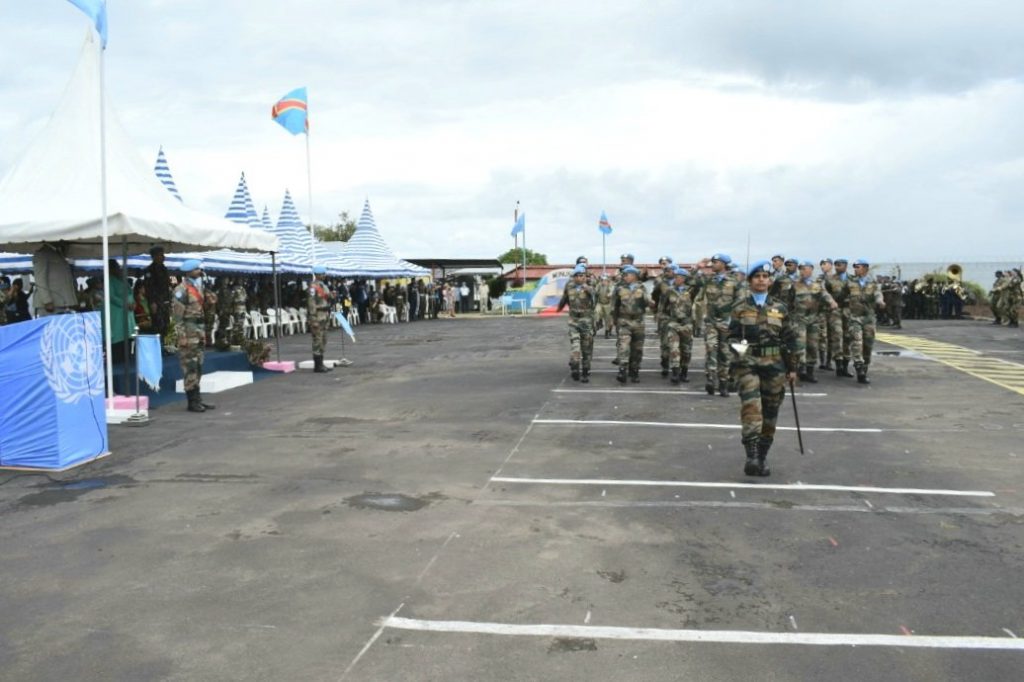
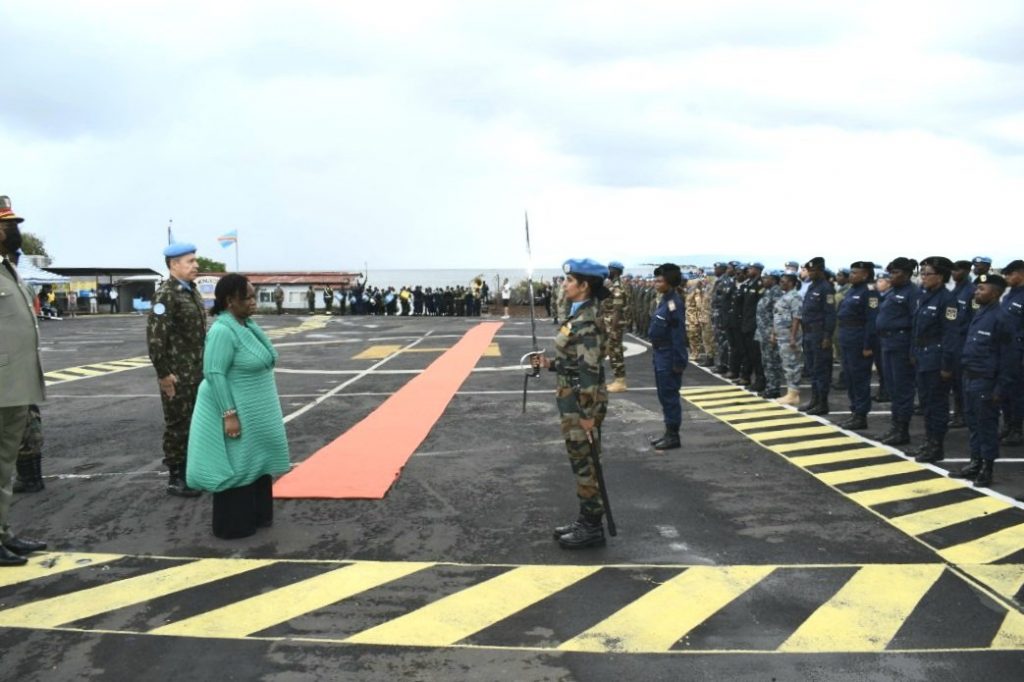
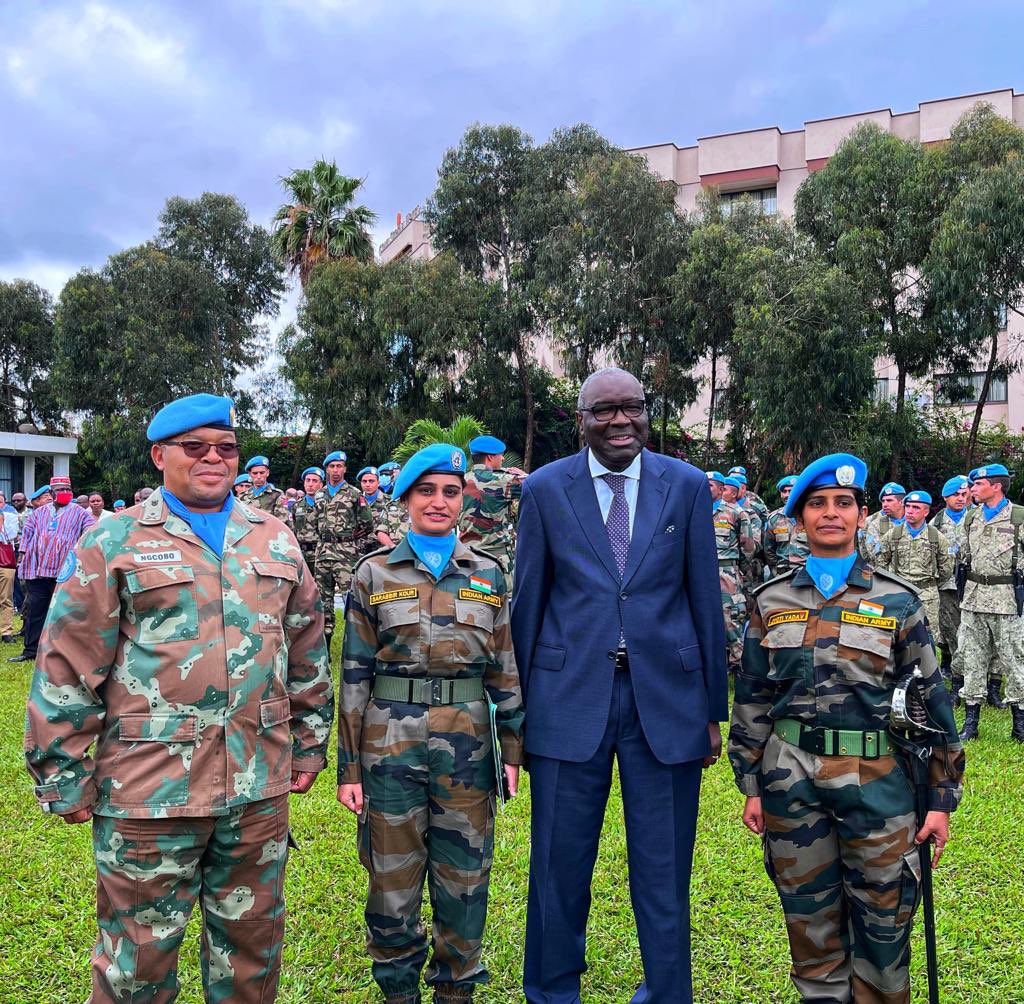
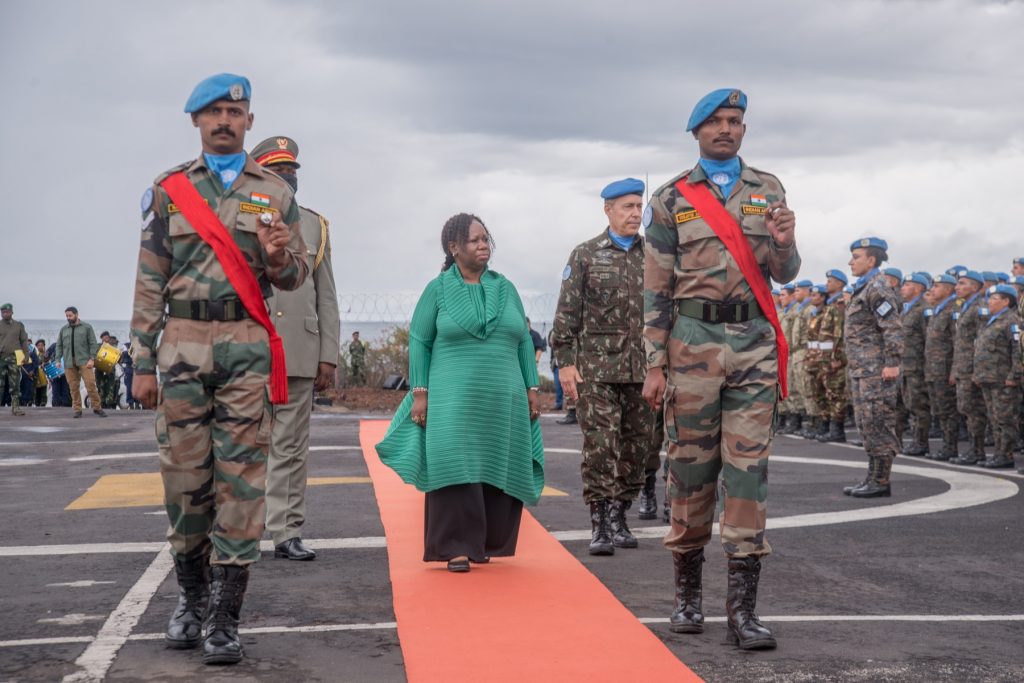
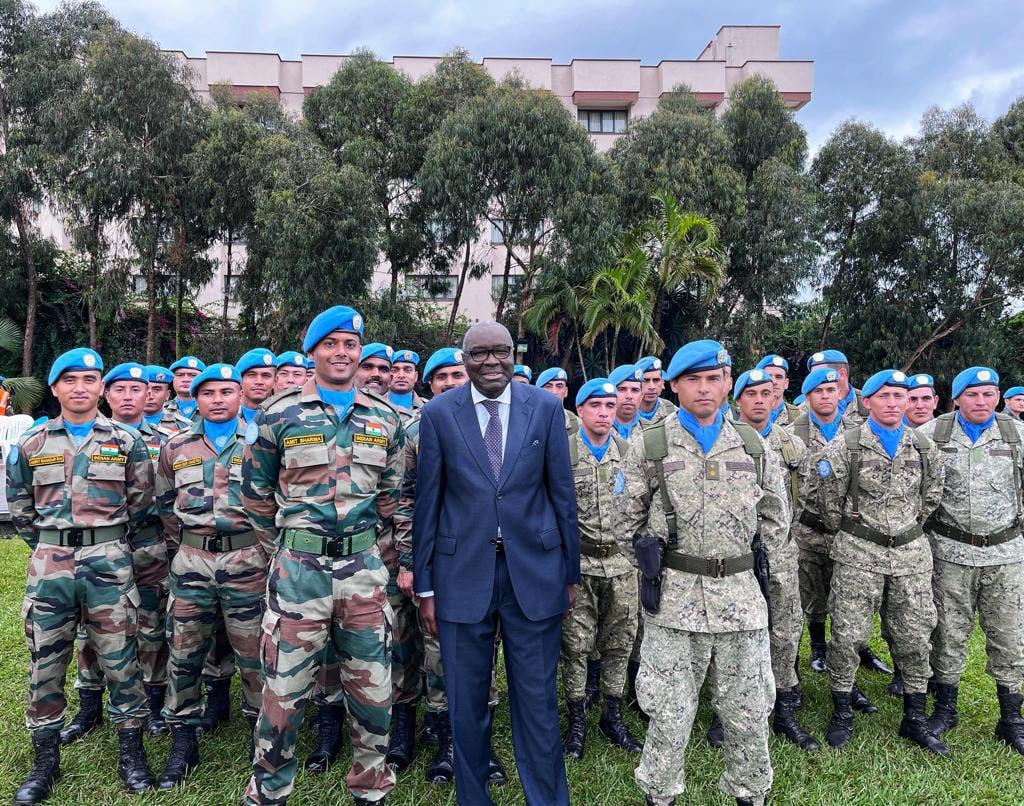
On the International Day of UN Peacekeepers, External Affairs Minister Dr. S Jaishankar today saluted the courage and dedication of the brave men and women who carry out UN Peacekeeping around the world. In a tweet, Dr. Jaishankar remembered the peacekeepers who have made the supreme sacrifice in the cause of peace.
Also Read: Different Colours Beret Used By Indian Armed Forces
Earlier, Indian peacekeepers, as well as Blue Helmets from other nations, pushed back an attack by an armed group in Congo, a top U.N. official has said, lauding the peacekeepers’ efforts and “proactive role” in countering these assaults on the civilian population. UN Under-Secretary-General for Peace Operations Jean-Pierre Lacroix, responding to a question on the attack on the U.N. mission and peacekeepers from India and other nations, said “Indian peacekeepers, together with others coming from many other countries are involved” and “we appreciate that,” he said.
WHAT IS UN PEACEKEEPING

United Nations Peacekeeping helps countries torn by conflict create conditions for lasting peace.
Peacekeeping has proven to be one of the most effective tools available to the UN to assist host countries navigate the difficult path from conflict to peace.
Peacekeeping has unique strengths, including legitimacy, burden sharing, and an ability to deploy and sustain troops and police from around the globe, integrating them with civilian peacekeepers to advance multidimensional mandates.
UN peacekeepers provide security and the political and peacebuilding support to help countries make the difficult, early transition from conflict to peace.
UN Peacekeeping is guided by three basic principles:
- Consent of the parties;
- Impartiality;
- Non-use of force except in self-defence and defence of the mandate.
Peacekeeping is flexible and over the past two decades has been deployed in many configurations. There are currently 12 UN peacekeeping operations deployed on three continents.
Today’s multidimensional peacekeeping operations are called upon not only to maintain peace and security, but also to facilitate the political process, protect civilians, assist in the disarmament, demobilization and reintegration of former combatants; support the organization of elections, protect and promote human rights and assist in restoring the rule of law.
Success is never guaranteed, because UN Peacekeeping almost by definition goes to the most physically and politically difficult environments. However, we have built up a demonstrable record of success over our 60 years of existence, including winning the Nobel Peace Prize.
Peacekeeping has always been highly dynamic and has evolved in the face of new challenges. Former Secretary-General Ban Ki-moon established a 17-member High-level Independent Panel on UN Peace Operations to make a comprehensive assessment of the state of UN peace operations today, and the emerging needs of the future.
UN peacekeeping Global partnership
UN peacekeeping is a unique global partnership. It brings together the General Assembly, the Security Council, the Secretariat, troop and police contributors and the host governments in a combined effort to maintain international peace and security. Its strength lies in the legitimacy of the UN Charter and in the wide range of contributing countries that participate and provide precious resources.
Women in Peacekeeping


Women are deployed in all areas – police, military and civilian – and have made a positive impact on peacekeeping environments, including in supporting the role of women in building peace and protecting women’s rights.
In all fields of peacekeeping, women peacekeepers have proven that they can perform the same roles, to the same standards and under the same difficult conditions, as their male counterparts. It is an operational imperative that we recruit and retain female peacekeepers.
In 1993, women made up 1% of deployed uniformed personnel. In 2020, out of approximately 95,000 peacekeepers, women constitute 4.8% of military contingents, 10.9% of formed police units and 34% of justice and corrections government-provided personnel in UN Peacekeeping missions. While the UN encourages and advocates for the deployment of women to uniformed functions, the responsibility for deployment of women in the police and military lies with Member States. UN Police Division launched ‘the Global Effort’ to recruit more female police officers into national police services and into UN police operations around the world. The 2028 target for women serving in military contingents is 15%, and 25% for military observers and staff officers. The 2028 target for women serving in formed police units is 20%, and 30% for individual police officers.
International Day of United Nations Peacekeepers
Each year on the 29 May we celebrate the International Day of United Nations Peacekeepers. The day was established to honour the memory of the UN peacekeepers who have lost their lives in the cause of peace; and to pay tribute to all the men and women who have served and continue to serve in UN peacekeeping operations for their high level of professionalism, dedication and courage.
The UN General Assembly designated Peacekeepers Day in 2002 [A/RES/57/129]. In recent years, we have encouraged the celebration of the Day under a common theme:
2022: People. Peace. Progress. The Power of Partnerships
Harnessing the power of people through partnership to secure peace, progress and, ultimately, prosperity for all people.
2021: The Road to a Lasting Peace – Leveraging the Power of Youth for Peace and Security
Highlighting how young people are essential actors of peace.
2020: Women in Peacekeeping – A Key to Peace
More women in peacekeeping means more effective peacekeeping.
2019: Protecting Civilians, Protecting Peace
2019 marked the 20th anniversary of the first Security Council resolution that explicitly mandated a peacekeeping mission to protect civilians.
2018: 70 Years of Service and Sacrifice
UN peacekeeping is a unique and dynamic instrument to help countries torn by conflict transition to lasting peace.
2017: Investing in Peace
Peacekeeping is an investment in global peace, security, and prosperity.
2016: Honouring our Heroes
More than one million women and men have served under the ‘blue flag’ with pride, distinction and courage.
2015: Together for peace
Reflecting on the past, present and future of UN Peacekeeping, reaffirming our commitment to working ‘Together for Peace’.
2014: A force for the future
Focusing on how UN Peacekeeping is evolving to meet new challenges.
2013: Adapting to new challenges
Exploring the changing needs of international peace and security.
2012: Peacekeeping is a Global Partnership
Highlighting the variety of partnerships we have at every stage of our work.
2011: Law. Order. Peace
Focusing on our efforts to strengthen rule of law.
2010: Ayiti Kanpe (Haiti Standing)
Remembering the earthquake in Haiti that resulted in the death of 102 UN personnel, including 97 peacekeepers.
2009: Women in peacekeeping
The important role of women peacekeepers.
2008: 60th anniversary of UN Peacekeeping.
Standards of conduct and training
The UN expects that all peacekeeping personnel adhere to the highest standards of behaviour and conduct themselves in a professional and disciplined manner at all times.
Special training is required to ensure that UN personnel are equipped with the knowledge, skills, and attitudes required to perform these diverse duties and to be prepared for particularly challenging situations. There are several types of required training from pre-deployment which covers basic UN principles, guidelines and policies to more targeted trainings related to specific issues such as sexual abuse and exploitation. These required trainings set standards for UN peacekeeping and guide personnel as they carry out critical tasks to assist the countries within which they work.
To crack the SSB interview, You can join our SSB interview live classes batch and we recommend you to Enroll SSB INTERVIEW ONLINE COURSE. Trusted by thousands of defence aspirants.
